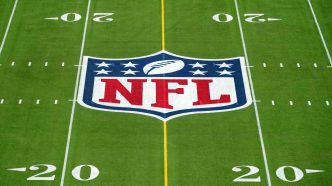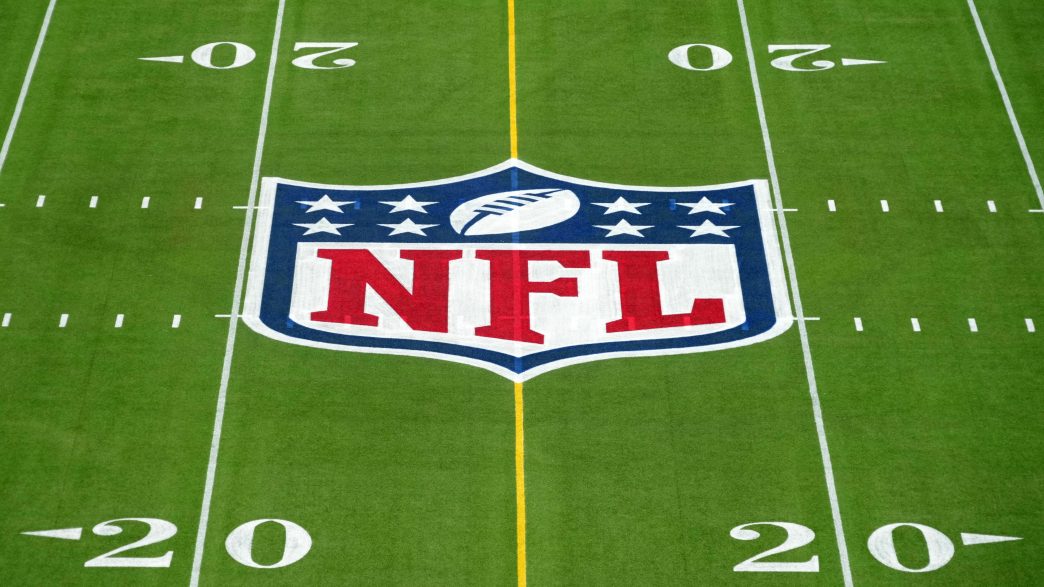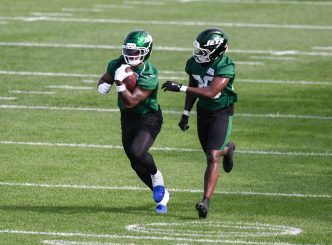In a significant move for the NFL, team owners convened on Tuesday and approved a rule change that will enhance the overtime experience during the regular season. This new format will ensure that both teams get a chance to possess the ball in overtime, aligning it more closely with the playoff rules that have been in effect since 2022.
Previously, the regular-season overtime setup could lead to ties, a situation that has frustrated both fans and players. Under the old rules, if the first team to receive the ball scored a touchdown on their opening drive, the game was over, leaving the opposing team without any opportunity to respond. Now, every team will have the opportunity to make their mark, as long as the first possession doesn’t end in a touchdown. The excitement of both teams having a shot at victory should heighten the drama, ensuring fans are treated to a more competitive overtime period.
It’s important to note that, unlike the playoffs, which have a 15-minute overtime period, the regular-season version will remain a sprint at just 10 minutes. This time constraint will keep teams on their toes, reinforcing the need for strategic play as each possession unfolds.
This overhaul is part of several key rule discussions at the league’s annual meeting. In another notable change, there’s an expansion of replay assist, allowing referees to reverse incorrectly assessed penalties when there is “clear and obvious video evidence.” However, this will not extend to overturning missed non-calls, striking a balance between ensuring accurate officiating and maintaining the flow of the game.
Additionally, the owners opted to advance a proposal that will move the touchback yard line up to the 35-yard line, making kickoffs a bit more favorable for the receiving teams compared to the previous 30-yard line. This small shift could influence kickoff strategies, impacting how teams play the field position game.
There’s also a potential adjustment in the works regarding onside kicks. The new rule proposal would permit trailing teams to declare an onside kick at any point during the game, rather than just in the fourth quarter, which could add an element of surprise and excitement throughout.
Finally, the owners rejected a proposal from the Detroit Lions that aimed to eliminate automatic first downs for defensive holding and illegal contact penalties. This decision highlights the ongoing balancing act of maintaining the integrity of the game while managing player safety and offensive flow.
With these rule adaptations, the NFL is not just reacting to the evolving dynamics of the game but is actively striving to enhance the fan experience. Fans can look forward to a more electrifying overtime, along with other exciting changes that promise to impact the strategy and pace of the game throughout the season.








